Mary M. Mullen, MD
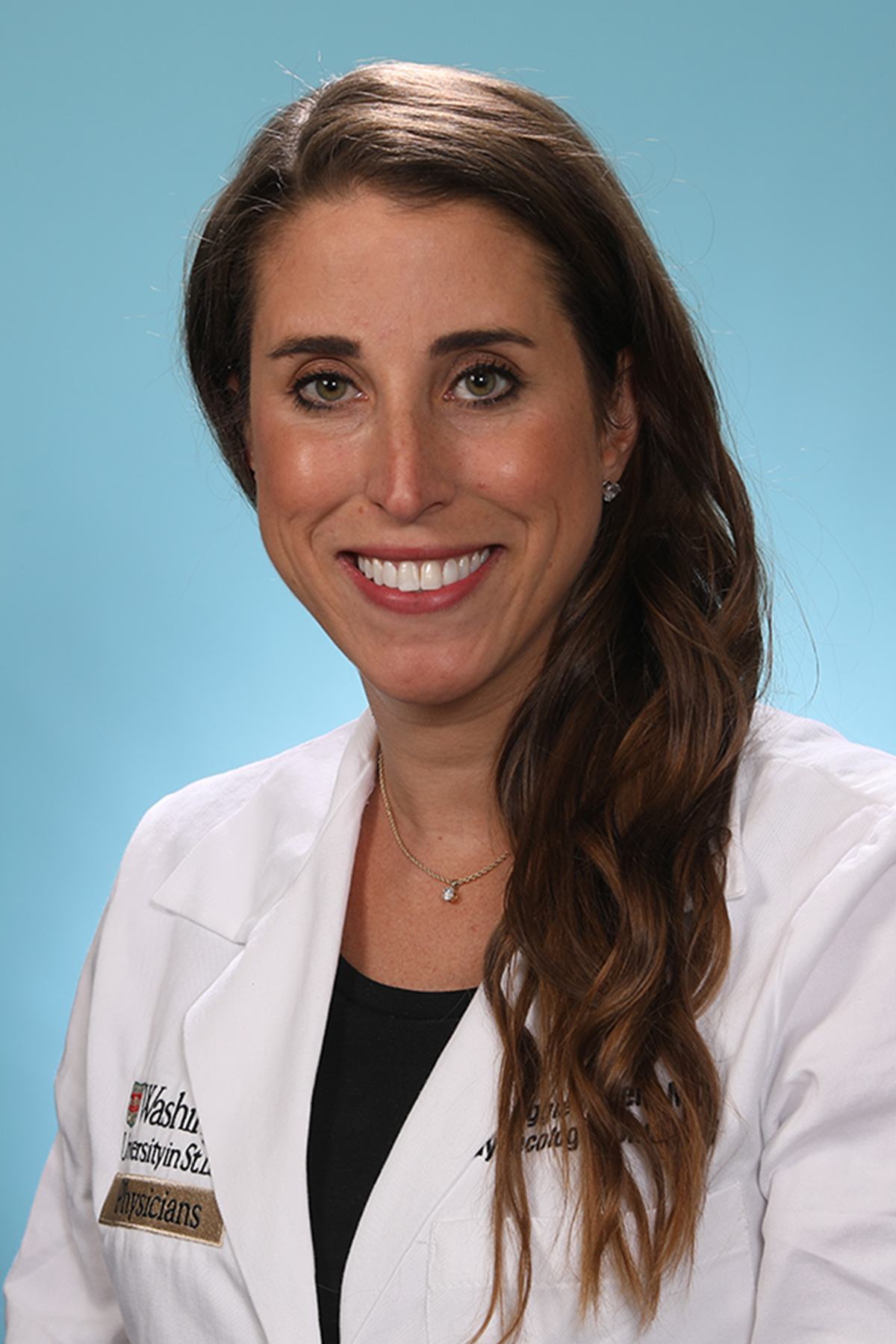
Lachelle D. Weeks, MD, PhD

Megan L. Insco, MD, PhD
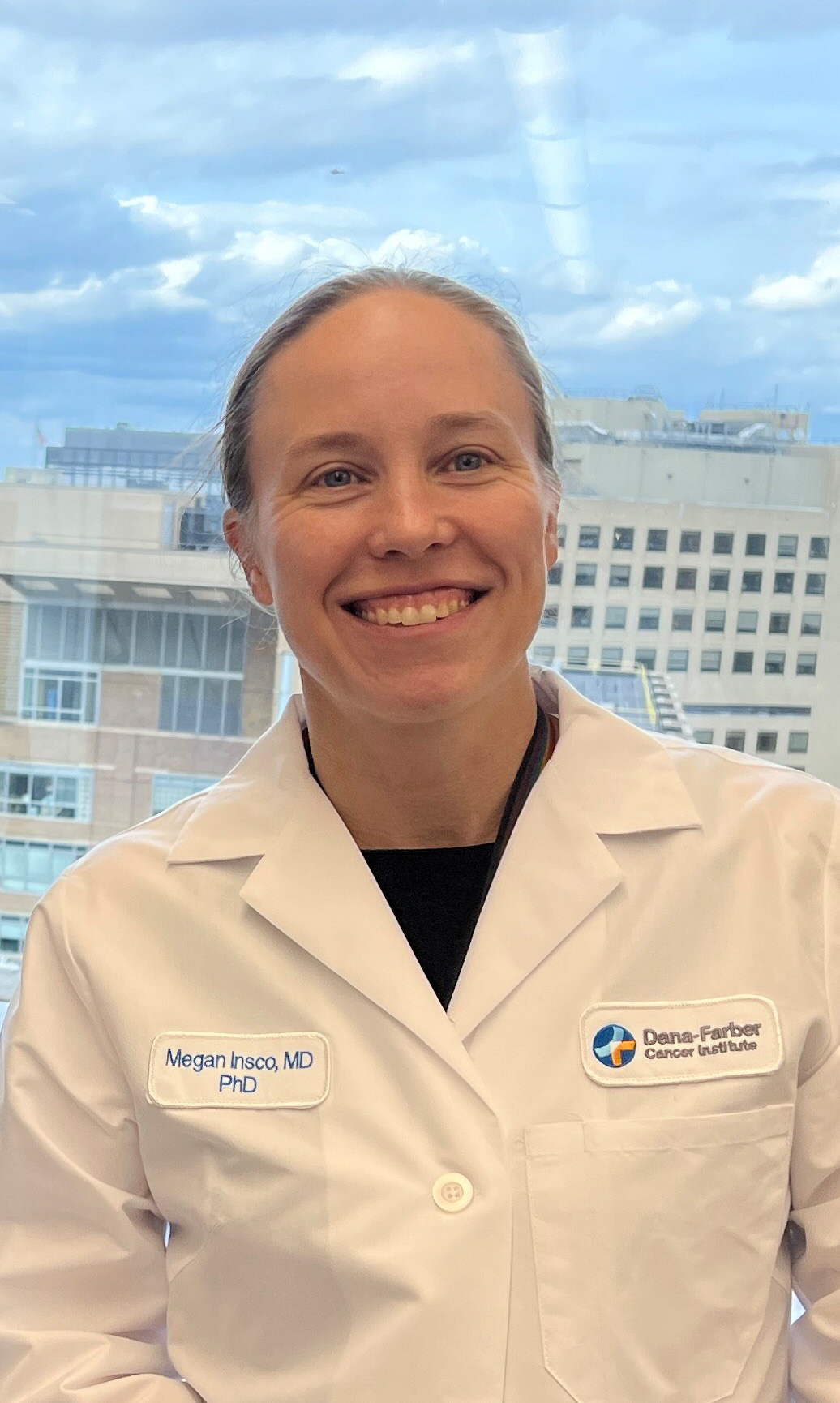
Erin M. Parry, MD, PhD
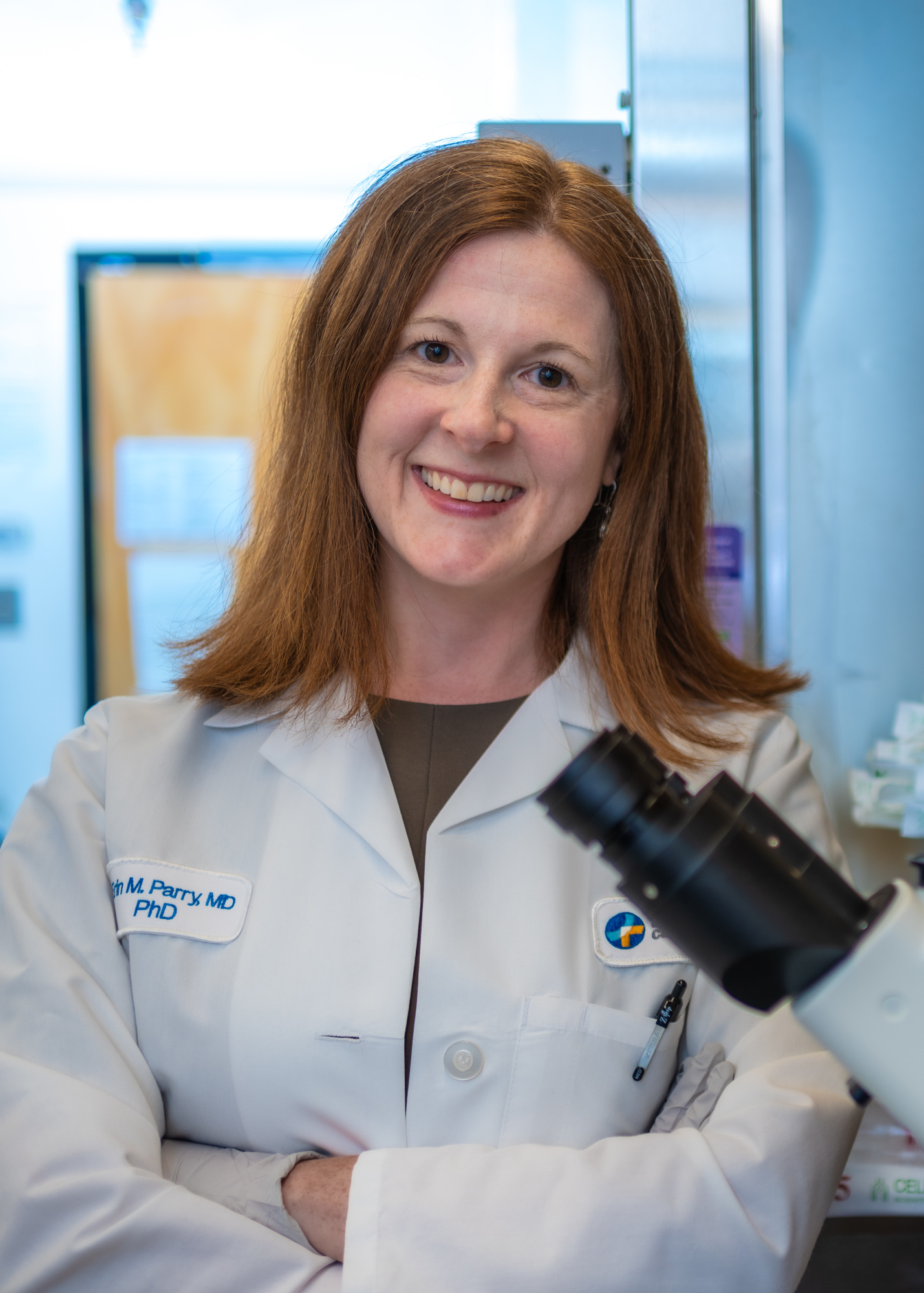
John R. Prensner, MD, PhD
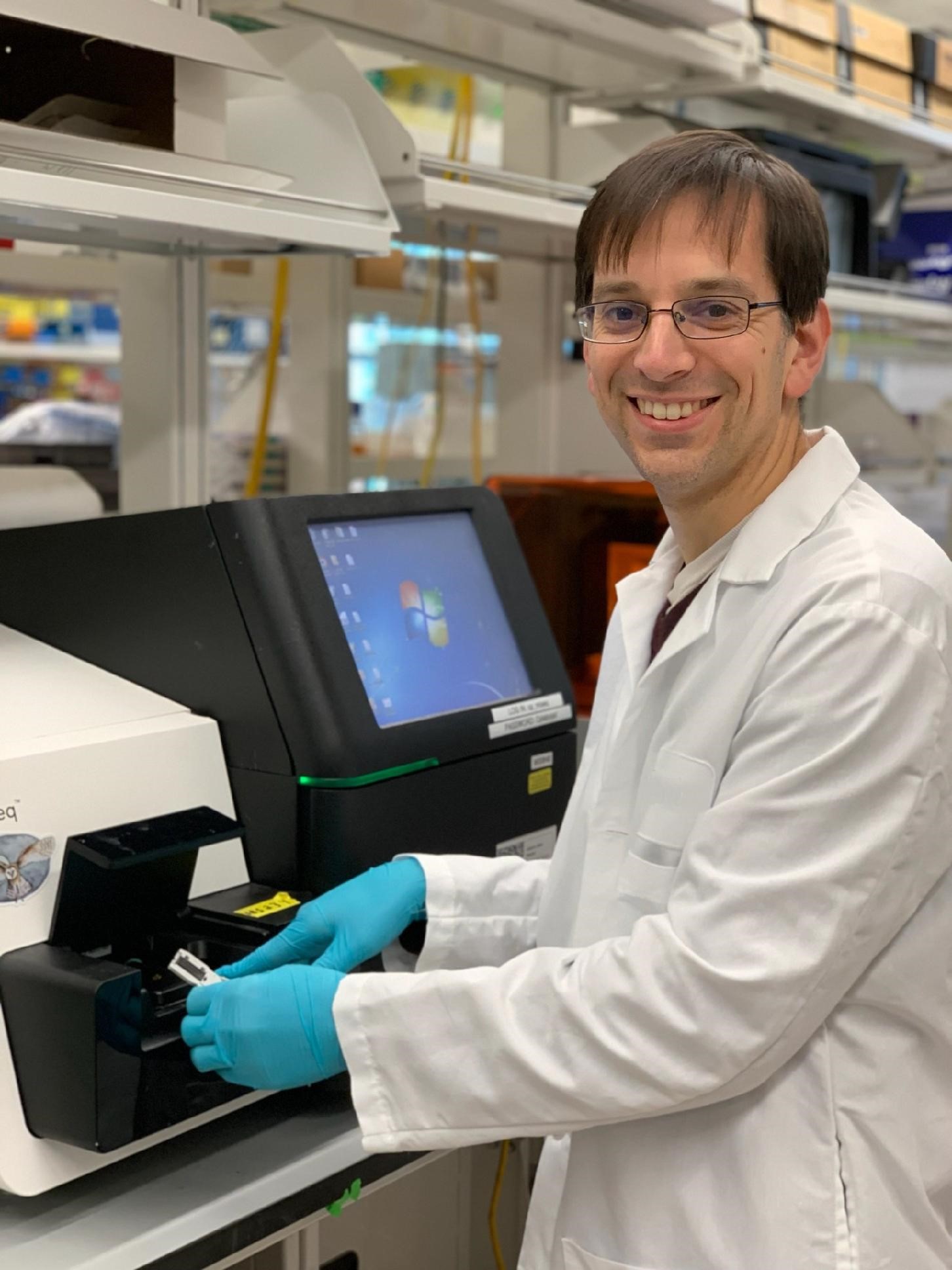
Steven M. Corsello, MD

Santosha A. Vardhana, MD, PhD
Dr. Vardhana [Gordon Family Clinical Investigator] is exploring the hypothesis that gastric cancers create an inhospitable environment for immune T-cells by limiting the availability of essential nutrients needed by T-cells to produce the cytotoxic proteins that, when released, kill cancer cells. There is evidence that T-cells lose the ability to produce cytotoxic proteins within gastric tumors, while gastric tumors take up and sequester amino acids—the building blocks of all proteins, including cytotoxic proteins—such that they cannot be accessed by T-cells within tumors. Understanding and reversing this metabolic sequestration within gastric tumors may be a novel strategy to enhance T-cell immunity within gastric tumors.
Fyza Y. Shaikh, MD, PhD

Immunotherapy has significantly changed how lung cancer and melanoma are treated. Unfortunately, only a small percentage of patients experience long-lasting responses. Gut bacteria have emerged as a potential predictor of how patients will respond to immunotherapy and may even be adjusted to enhance the effect of immunotherapy. Dr. Shaikh aims to identify features of the gut microbiome that correlate with immunotherapy responses. She will focus on both individual bacteria as they change over the course of treatment and the metabolites made by the entire bacterial community in the colon. The goal of this project, since gut bacteria can be modified, is to develop microbiome-based treatments to be used in combination with immunotherapy to improve response rates or overcome immunotherapy resistance for patients.
Benjamin A. Nacev, MD, PhD
Sarcomas are a family of tumors for which there are few targeted treatments and outcomes are poor once the cancer has metastasized. Many sarcomas harbor recurrent mutations in proteins, known as epigenetic regulators, that control which genes are expressed and when. Among the regulators most frequently impacted is ATRX, which condenses regions of DNA into tightly packaged chromatin that cannot be accessed for transcription, effectively “silencing” these genes. The effect of ATRX loss in sarcomas is poorly understood, however, and treatments that leverage ATRX deficiency are lacking. Using patient-derived sarcoma cell lines and tumor samples, Dr. Nacev aims to understand epigenetic dysregulation in ATRX-deficient sarcomas, to determine how this affects antitumor immunity, and to identify new therapeutic vulnerabilities.
Andrew L. Ji, MD
Cutaneous squamous cell carcinoma (cSCC) is the second most common cancer in the U.S. While most cases are caught early and cured with excision, this cancer is more aggressive in the organ transplant recipient (OTR) population, with higher rates of recurrence and metastasis. Treatment options are severely limited in these cases. OTRs require immunosuppression, which is linked to cSCC aggression, but the underlying molecular and cellular mechanisms are poorly understood. Dr. Ji has discovered an invasive cSCC subpopulation that communicates with non-malignant cell types in the tumor’s environment. By profiling OTR tumors using cutting-edge single-cell and spatial technologies, he aims to better understand how this harmful subpopulation emerges in the immunosuppressed setting, aided by crosstalk with these neighboring cells. His goal is to develop strategies for disabling invasion and improving treatment of cSCC in both OTRs and advanced cases in the general population.
Pavan Bachireddy, MD

A major cause of relapse after therapy is the persistence of measurable residual disease (MRD) cells—cancer cells that remain after treatment and eventually spread. Due to technical and logistical challenges in accessing and analyzing MRD cells, the molecular and cellular pathways that enable MRD progression remain poorly understood. Dr. Bachireddy will use innovative molecular tools to analyze tissue samples from blood cancer patients at a single-cell level to unlock insights into MRD progression. Using cutting-edge machine learning approaches, he will identify immunosuppressive mechanisms that may be targeted to halt MRD progression. Beyond these blood cancers, he aims to reveal organizing principles of MRD progression that are relevant across human cancers.
Sylvan C. Baca, MD, PhD

Promising new treatments for cancers of the bladder and kidney have been developed, but, as with many cancer therapies, tumors eventually develop resistance. Research has shown that cancer cells resist treatment in part via epigenetic changes—those that do not affect the DNA sequence itself but turn important genes on or off, allowing cancers to survive under therapeutic stress. Dr. Baca is using novel techniques to study the epigenomes of cancer cells from blood samples. His goal is to understand how changes in the epigenomes of bladder and kidney cancers lead to treatment resistance. This knowledge will enable the design of better treatments and drug combinations that will benefit patients with metastatic bladder or kidney cancers.
Aaron D. Viny, MD
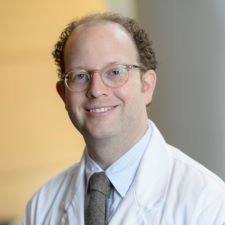
Up to 50% of patients with acute myeloid leukemia (AML) have a genetic alteration called DNA methylation, in which a carbon methyl group is added to the DNA molecule, typically turning the methylated gene "off." A mainstay of therapy is the use of hypomethylating agents, which prevent copying of these modifications during cell division, but this therapy is effective in only 20-30% of patients. Using chemical and genetic manipulation in mouse bone marrow, Dr. Viny [Damon Runyon-Doris Duke Clinical Investigator] aims to determine the effect of DNA methylation on the ability of specific regions of the genome to be accessible to proteins involved with gene expression and other regions to be inaccessible and "silenced." In a prospective phase II clinical trial, he will treat relapsed AML patients with dual hypomethylating agents. By studying these patients' genetic profiles, he aims to determine the genetic features that contribute to therapy response, paving the way for more effective interventions to be developed for patients with acute myeloid leukemia. Dr. Viny was previously a Damon Runyon Fellow.
Melody Smith, MD

The microorganisms that live in the digestive tract, also known as the intestinal microbiome, have emerged as important factors in patients' response to cancer therapy. Studies have found that the intestinal microbiome can modulate the anti-tumor immune response to several types of therapy, including chimeric antigen receptor T cell (CAR T cell) therapy, in which a patient's own immune cells are genetically modified to target their cancer. CAR T therapy has led to unprecedented responses in patients with high-risk blood cancers such as leukemia and lymphoma. However, patients may experience disease relapse or CAR-mediated toxicities. Dr. Smith has found that responses to CAR T therapy are linked to alterations in and abundances of the intestinal microbiome. Her research will investigate how the intestinal microbiome mediates this impact on CAR T cells. Dr. Smith was previously a Damon Runyon Physician-Scientist, a complementary award program designed for clinicians interested in research to acquire the skills needed to become physician-scientists.
Nathan Singh, MD
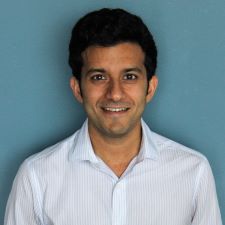
Chimeric antigen receptor T cell (CAR T cell) therapy, in which a patient's own immune cells are engineered to target their cancer, has changed the treatment landscape for many blood cancers. Despite promising early results, however, long-term follow-up has revealed that nearly half of patients treated with CAR T cells eventually experience cancer recurrence. Using a variety of techniques in cell lines and patient samples, Dr. Singh [Bakewell Foundation Clinical Investigator] aims to understand how interactions between engineered T cells and blood cancer cells in some cases lead to long-term remission, and in others to therapeutic failure. The broad goals of his lab are to understand the biological signals that cause these therapies to fail, and to use this knowledge to design next-generation immunotherapies that can cure more patients.
Xiuning Le, MD, PhD

Mutations in the EGFR gene were identified as the first targetable mutations in lung cancer about two decades ago. Since then, multiple targeted therapies have been approved and prolonged many lives. However, about 15% of EGFR mutations are atypical and do not have a current approved targeted therapy. Dr. Le is leading multiple clinical trials to address this unmet need. With new treatments potentially entering the clinic, new mechanisms of treatment resistance will likely evolve. Dr. Le aims to comprehensively characterize resistance mechanisms and compare resistance predisposition across different types of EGFR-linked lung cancers. She will leverage cutting-edge techniques to determine the mutations at single-cell level and develop rational therapeutic strategies to overcome resistance. This project has the potential not only to bring new FDA-approved treatments to patients but also establish clinical strategies to predict and target major resistance mechanisms.
Daniel J. Delitto, MD, PhD
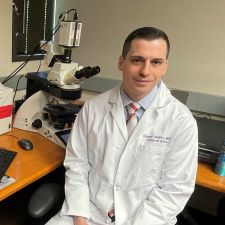
Pancreatic cancer develops in the midst of intense scarring and fibrous connective tissue (fibrosis). The architects of this scarring are cells called fibroblasts, known to fuel cancer growth and promote treatment resistance. Dr. Delitto's research is focused on the interface between cancer-induced fibrosis and the immune system. He has shown that fibroblasts play a significant role in shielding cancer cells from immune cells. By altering how fibroblasts sense tissue damage, Dr. Delitto has uncovered a mechanism that reactivates the immune system to fight the tumor. He aims to further develop these findings into a novel immunotherapy regimen for pancreatic cancer.
Phillip L. Palmbos, MD, PhD
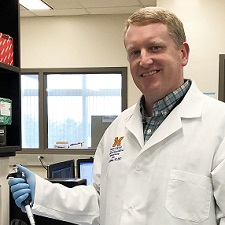
Although immunotherapy results in improved survival for some patients with advanced bladder cancer, most tumors do not respond, and the molecular drivers of this resistance to immunotherapy are poorly understood. Dr. Palmbos' goal is to use advanced bladder cancer models and patient data to identify the molecular drivers of resistance to bladder cancer therapy and to develop therapeutic strategies to reverse therapy resistance. His group has identified a gene, TRIM29, which is expressed in 70% of bladder cancers and is associated with immunotherapy resistance. TRIM29 is a protein that promotes degradation of STING and other innate immune proteins that drive anti-tumor immune response. He is currently investigating the regulation of the TRIM29-STING pathway and developing strategies to sensitize bladder and other cancer types to immunotherapy.
David Y. Oh, MD, PhD
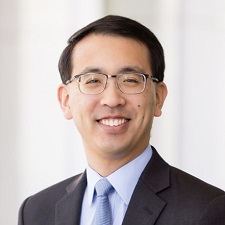
While immunotherapies such as anti-PD-1 therapy have provided an important treatment option for bladder cancer, the majority of patients do not respond to these regimens. This may reflect the distinct activation requirements of other immune T-cells besides CD8+ T-cells. In recent work, Dr. Oh and colleagues have identified cytotoxic (cancer cell-killing) CD4+ T-cells in human bladder cancer that are associated with immunotherapy responses. However, the regulation of cytotoxic CD4+ T-cells and how these mechanisms compare with CD8+ T-cells is not understood. Dr. Oh proposes to identify and validate surface receptors that enhance or inhibit the activity of cytotoxic CD4+ T cells in human bladder cancer, and the tumor antigens that are recognized specifically by these cells. He will also compare which of these regulatory mechanisms are unique to cytotoxic CD4+ T-cells relative to their CD8+ T-cell counterparts from the same patients. This work has the potential to increase both the proportion of bladder cancer patients who respond to immunotherapy as well as the quality of their response.
Alexander C. Huang, MD
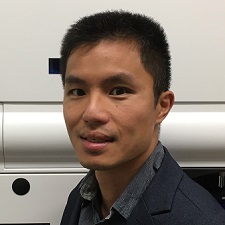
Immune checkpoint inhibitors (ICI), like anti-PD-1 therapy (αPD-1), have transformed clinical oncology by inducing long-term remissions, even in metastatic disease. However, fewer than 40% of cancer patients achieve such long-term remission with αPD-1, and immune-related toxicity limits more aggressive combined approaches, such as anti-PD1 and anti-CTLA-4 therapy. The question remains why a large portion of the immune response generated by combination immunotherapy is directed towards toxicity rather than anti-tumor immunity. A better understanding of the T-cell response to ICI is needed to develop safer and more effective treatment strategies. In humans, CD8+ T-cells are responsible for anti-tumor immunity. Dr. Huang is investigating the immune responses of different types of CD8+ T-cells to αPD-1 and whether they play a role in determining clinical efficacy and immune toxicity.
Kelly L. Bolton, MD, PhD

Myeloid neoplasms (MN), including acute myeloid leukemia and myelodysplastic syndrome, are lethal blood cancers. The genetic mutations in the blood that lead to MN can occur years before diagnosis and maintain almost normal function before transformation. Certain mutations, including those in the gene IDH2, have been identified as high-risk for developing MN. Individuals with a reduction in the number of mature blood cells (cytopenias) who harbor acquired mutations in their blood, yet do not meet criteria for a cancer diagnosis, have a condition called cytopenias of undetermined significance (CCUS). These individuals almost invariably develop MN. Dr. Bolton will conduct a clinical trial to evaluate whether the IDH2 inhibitor enasidenib can be used as a therapy for CCUS. She will assess mechanisms of resistance and determine whether enasidenib can prevent the development of MN. This represents the first use of genetically targeted therapy for cancer prevention.
Matthew G. Oser, MD, PhD
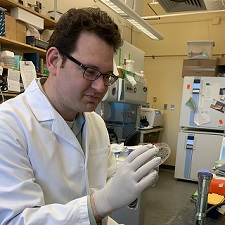
Although small cell lung cancer (SCLC) is initially highly responsive to chemotherapy, the disease recurs in nearly all patients in less than a year. There are currently no approved targeted therapies for when the cancer returns. Previous studies have demonstrated that SCLCs require sustained neuroendocrine differentiation for survival, suggesting that targeting this process could be a good therapeutic strategy. Dr. Oser will use SCLC patient-derived xenograft models and a novel SCLC genetically engineered mouse model to identify new enzymes required for neuroendocrine differentiation and to develop targeted therapies that can block this process. He aims to identify molecular targets that could be developed into new lasting therapies for SCLC patients.
